The industrial and municipal sectors are witnessing significant technological progress in the development and implementation of pump pressure controller systems. These sophisticated devices, designed to maintain and adjust fluid pressure within piping networks, are becoming increasingly vital for optimizing process efficiency, reducing energy consumption, and ensuring the reliable operation of pumping systems. The evolution of the modern pump pressure controller represents a convergence of digital precision and mechanical robustness, offering substantial benefits across water supply, manufacturing, and building management applications.
A primary function of any pump pressure controller is to maintain a consistent pressure setpoint despite variations in demand. Traditional systems often relied on mechanical pressure switches, but the contemporary pump pressure controller typically incorporates electronic sensors and microprocessors. This digital foundation allows the pump pressure controller to respond with greater speed and accuracy to fluctuations, preventing issues like pressure surges or drops that can affect process quality or damage equipment. The precision offered by a modern pump pressure controller is fundamental to stable operations in everything from high-rise building water systems to precise industrial manufacturing processes.
Energy efficiency has become a central driver of innovation in pump pressure controller design. By ensuring that pumps operate only at the required pressure and flow, a well-tuned pump pressure controller eliminates the energy waste associated with over-pressurization. The many significant savings are realized with variable speed drive compatibility. A smart pump pressure controller can modulate pump motor speed in real-time to match the exact demand, rather than simply cycling pumps on and off. This capability of an advanced pump pressure controller to provide "soft" control can cause dramatic reductions in electricity consumption, particularly in systems with highly variable load profiles.
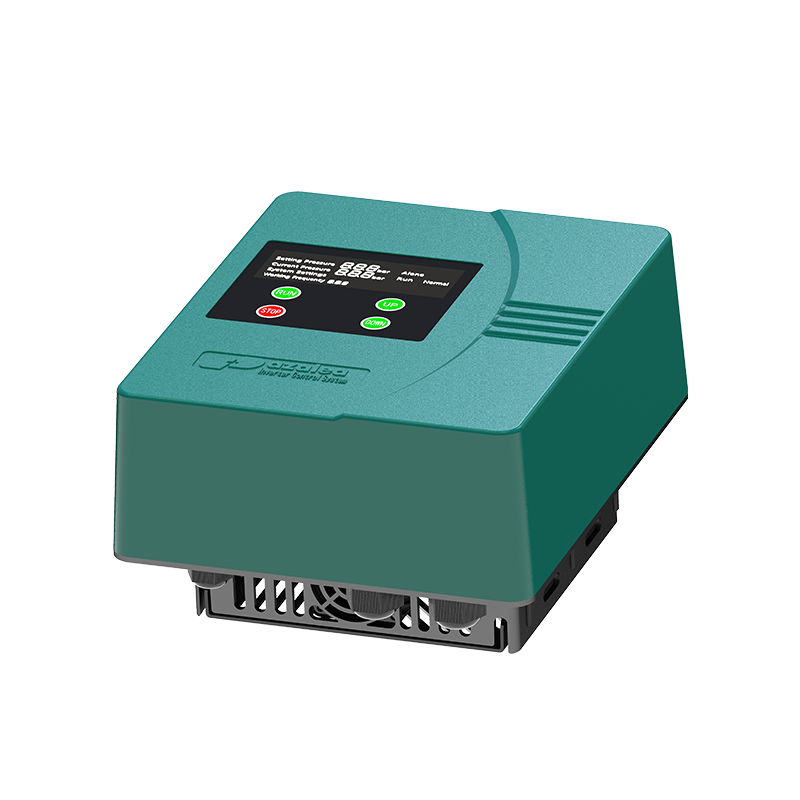
The integration of smart features is expanding the functional scope of the basic pump pressure controller. Modern units often feature digital displays for real-time pressure monitoring and user-friendly interfaces for straightforward setpoint adjustment. Furthermore, connectivity options are becoming more common, allowing a networked pump pressure controller to transmit operational data to central management systems. This data, which can include performance trends and alarm histories, enables predictive maintenance, helping facility managers address potential issues with the pump pressure controller or the pumping system before they escalate into failures.
The application range for a reliable pump pressure controller is remarkably broad. In municipal water infrastructure, these devices manage pressure zones to ensure adequate supply while preventing pipe damage. In industrial settings, a specialized pump pressure controller is crucial for processes requiring precise fluid handling, such as in chemical injection or cooling systems. Commercial buildings utilize a compact pump pressure controller for HVAC operations and domestic water pressure boosting. The versatility and critical function of the pump pressure controller make it an indispensable component in modern fluid management.
Looking forward, the trajectory for pump pressure controller technology points toward greater intelligence and system integration. Future iterations may feature more advanced algorithms that can learn usage patterns and self-optimize for both efficiency and equipment protection. The role of the pump pressure controller is also likely to expand within the broader context of the Internet of Things, where it will function not as a standalone device, but as an intelligent node within a fully optimized and automated fluid handling network. This continued evolution promises to further solidify the importance of the pump pressure controller in achieving sustainable, reliable, and cost-effective operations across numerous sectors.
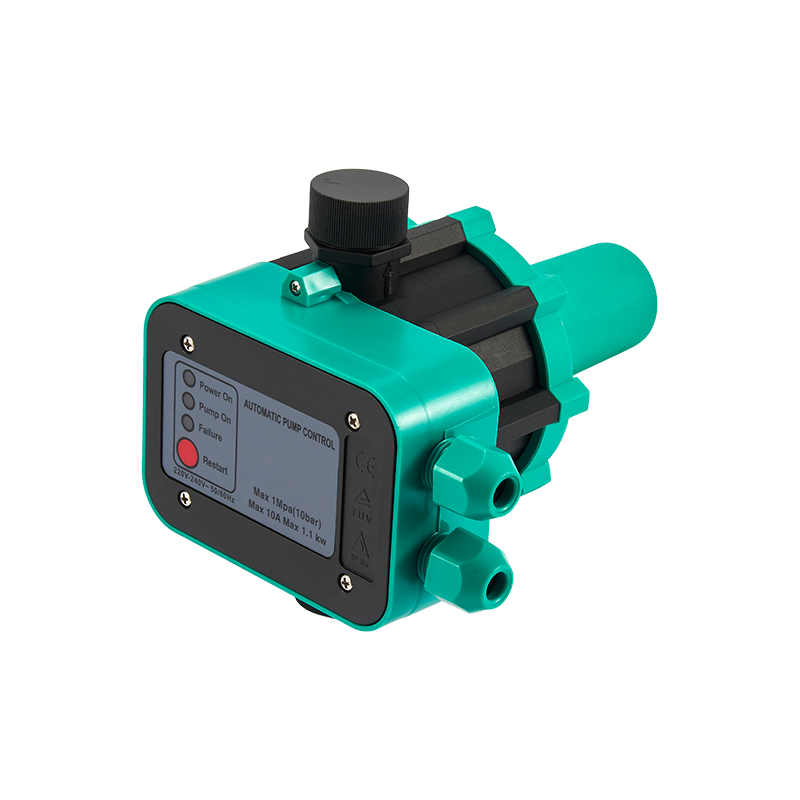
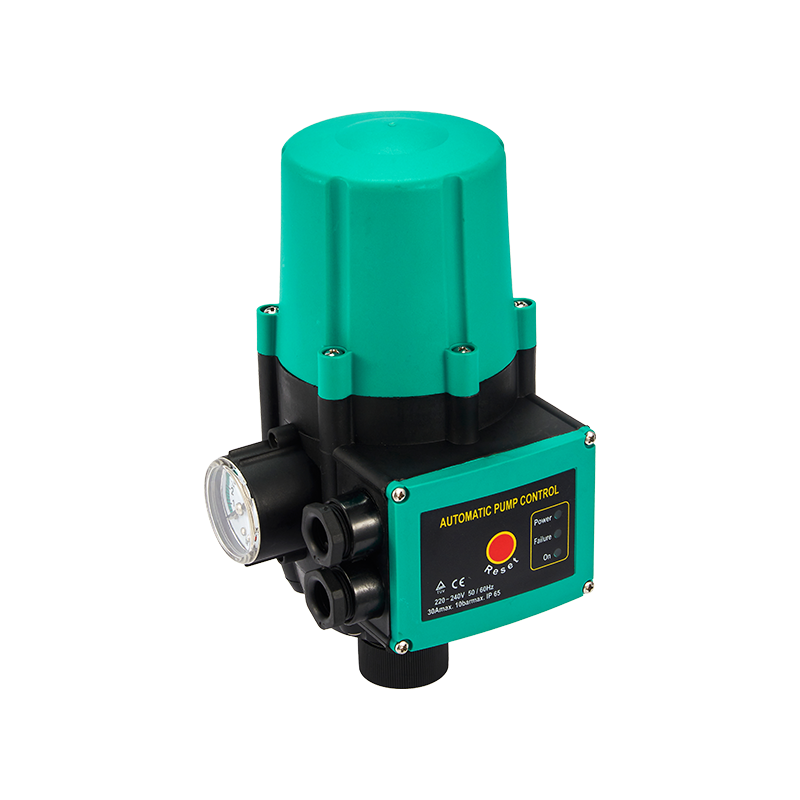
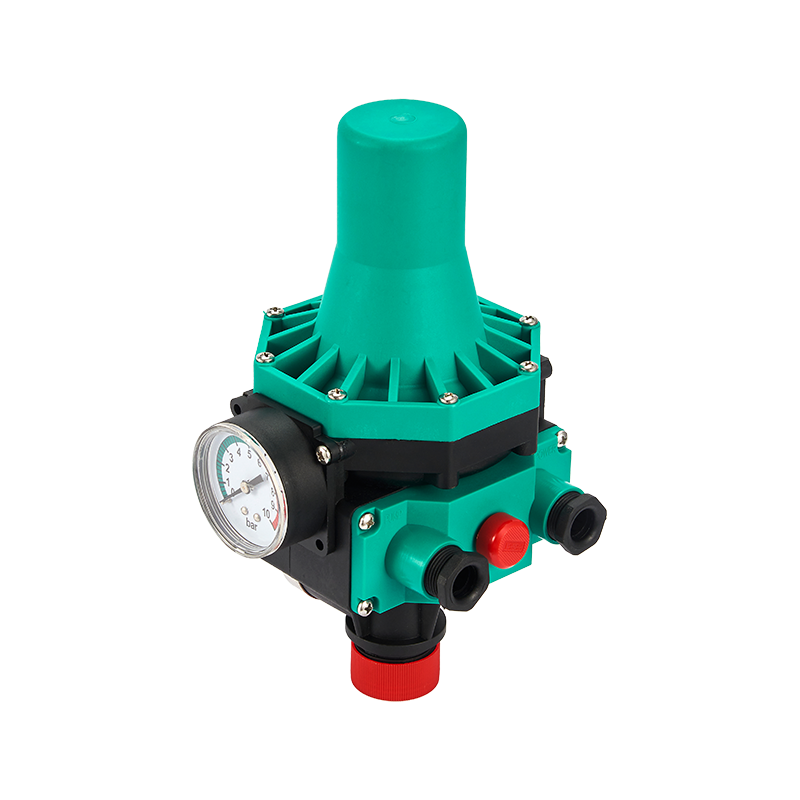
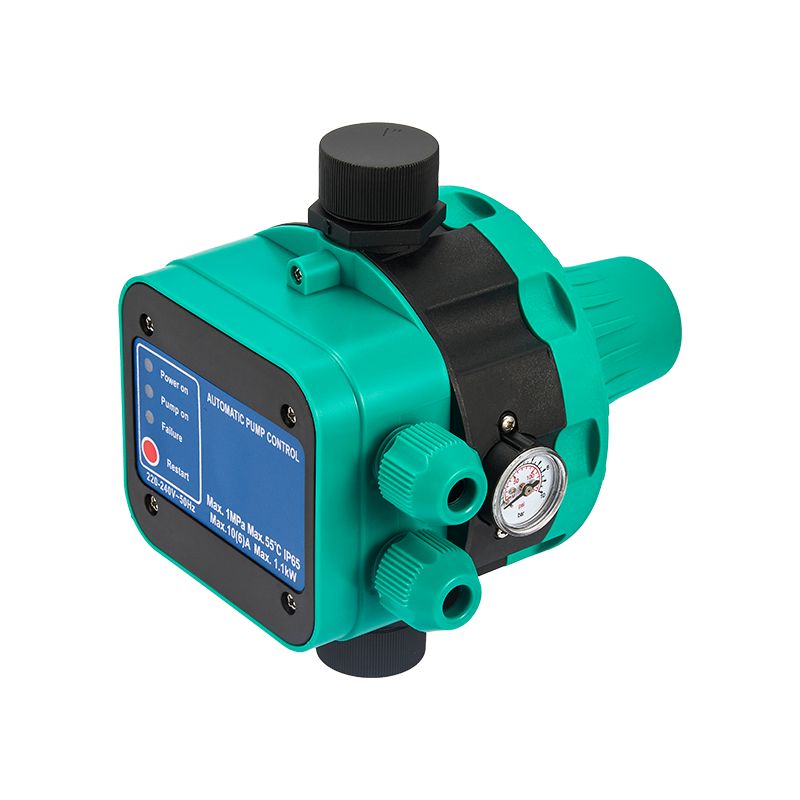
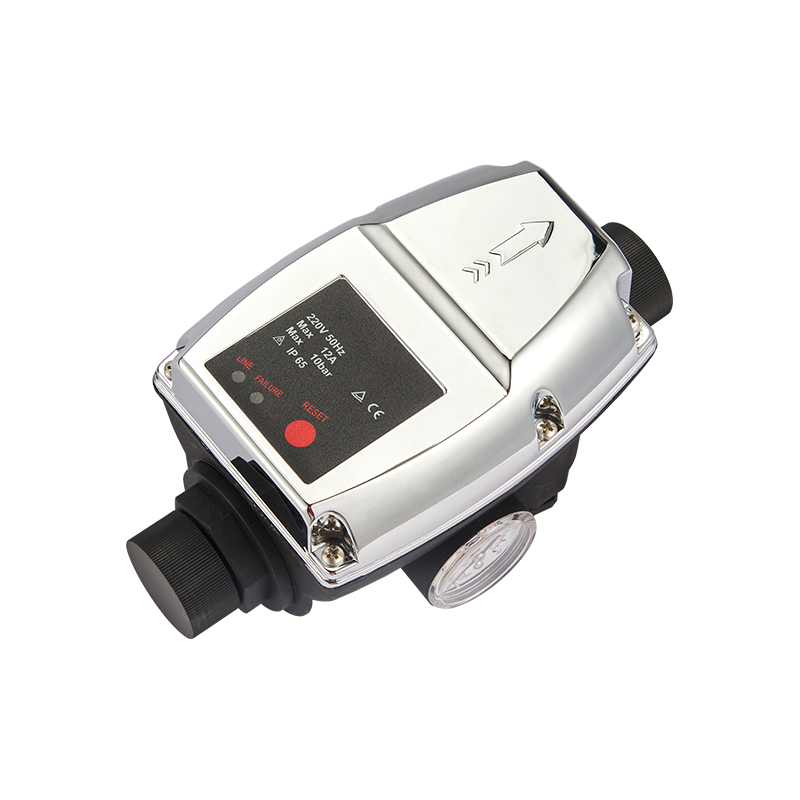
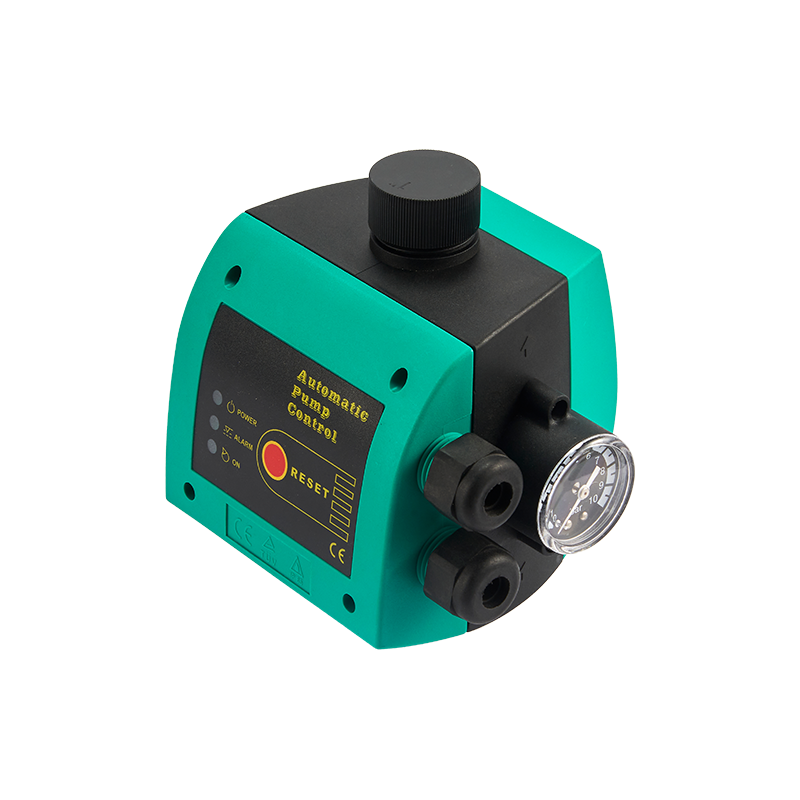
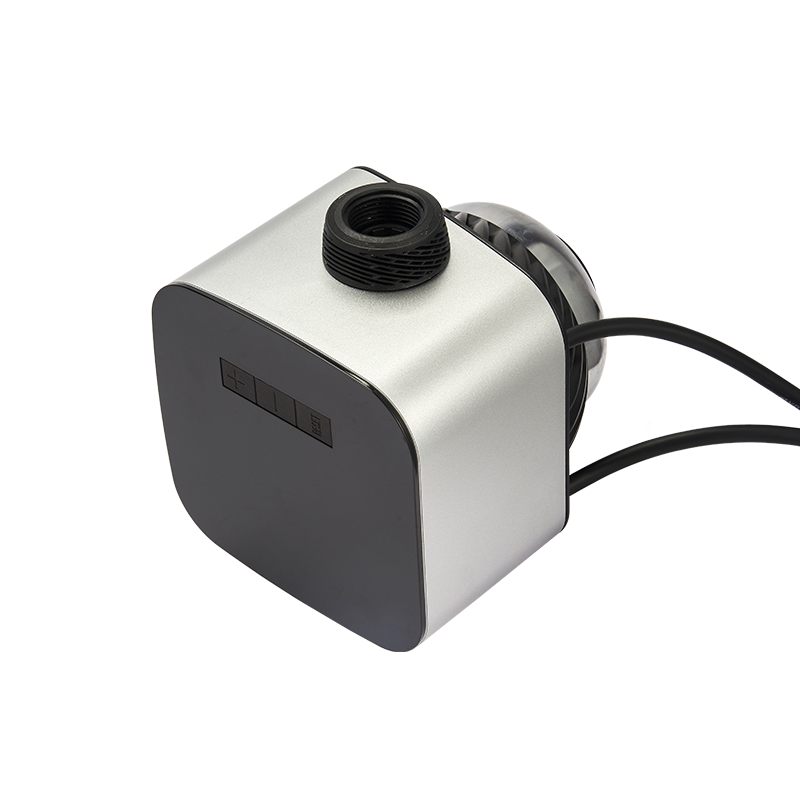
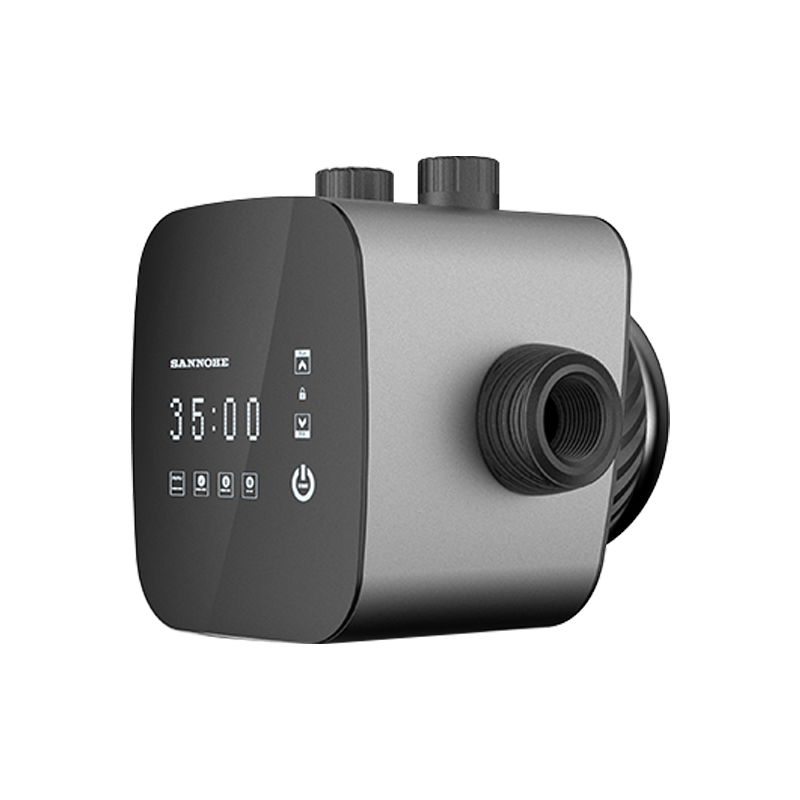
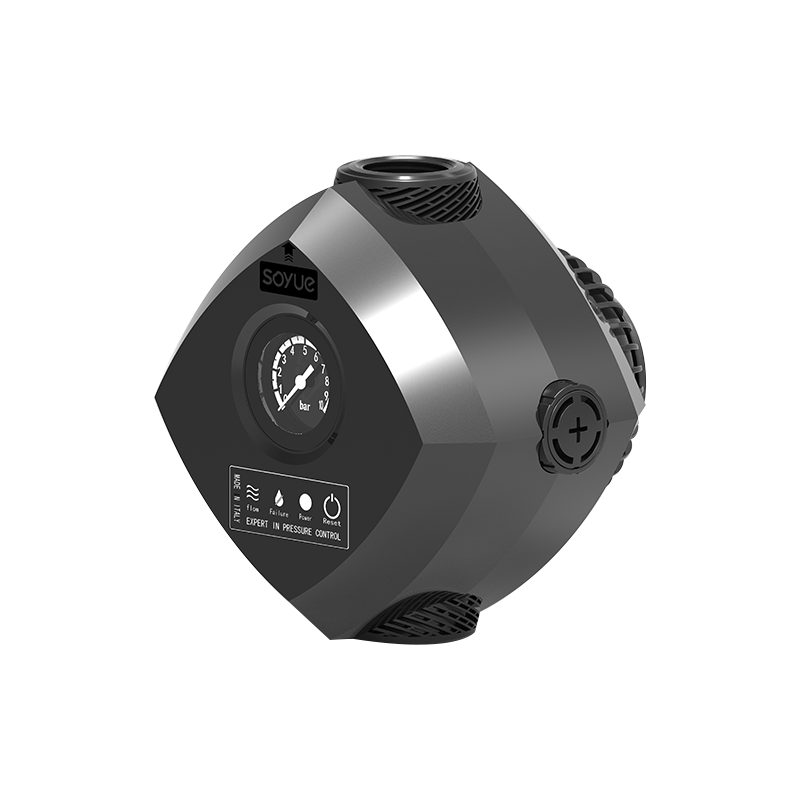
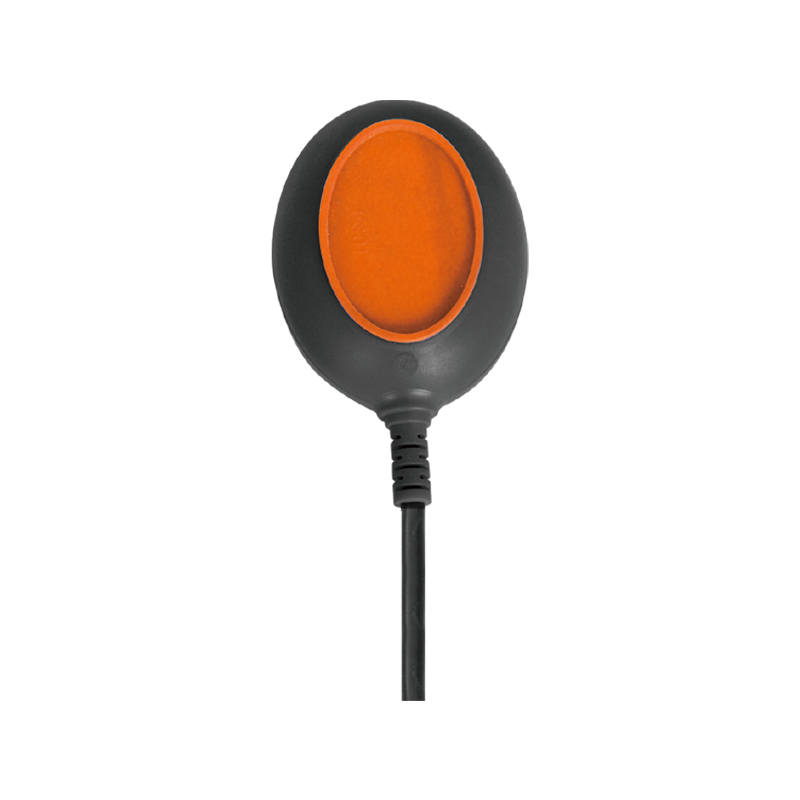
Within the global industrial supply chain, specialized facilities focus on producing the electronic brains that manage the world's pumps: the automatic pump controller factory. These manufacturing plants are dedicated to the design, assembly, testing, and quality assurance of the devices that provid...
Across the diverse applications of fluid movement—from ensuring consistent water supply in high-rise buildings to maintaining precise pressure in industrial processes and agricultural irrigation—the concept of pump automatic pressure control has become a cornerstone of modern system design. This tec...
In systems where water or other fluids are moved under pressure, from residential plumbing and agricultural irrigation to industrial processing and fire suppression, maintaining a precise and stable pressure is often critical. This task falls to a dedicated device: the pump pressure controller. This...